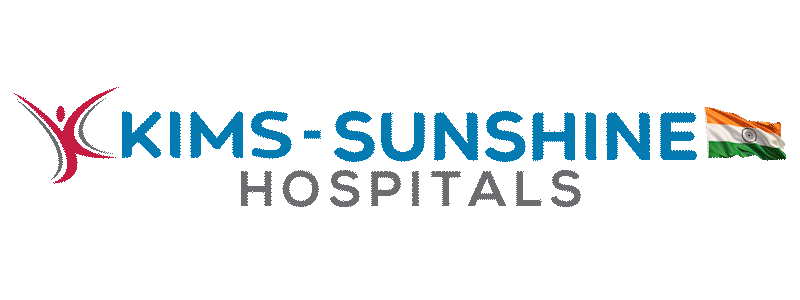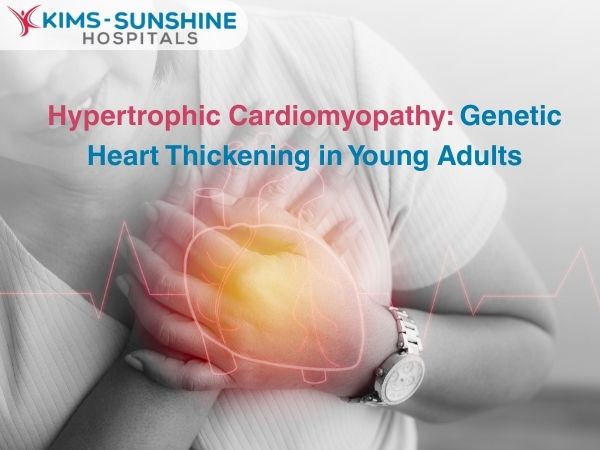
When Is Spine Surgery Really Necessary?
Heart Health Tips For Adults Over 40
The decade after 40 becomes not just about earning more or doing more, but about slowing down just enough to listen to the signals within and by taking proactive steps not driven by fear but by clarity.
It is during this period that simple decisions like walking after dinner with your spouse or parent, avoiding the second helping of fried pakoras, choosing the stairs when you’d normally wait for the lift, or even carving ten minutes out for deep breathing before starting your day begin to matter far more than extreme resolutions or overnight transformations, because the heart doesn’t ask for grand gestures. It merely needs consistency, patience and awareness.
Exercise Routine For Heart Health In Your 40s
If food is fuel for the heart, then movement is the tune it dances to and once you step into your forties, exercise should not be viewed as punishment for poor choices or a pursuit of younger-looking limbs, but as a daily conversation with your body that says, “I hear you, I care and I’m here,” and this does not require a treadmill or a trainer but only the will to start.
Heart Screening Tests Recommended After 40
If there’s one thing you must learn to do after 40, it is to stop fearing health check-ups and start treating them like mirrors that reflect your inner wellbeing, for while you may look fit or feel fine, your heart might be carrying burdens silently and the only way to know where you stand is by stepping into a lab or clinic once a year and letting numbers, not assumptions, guide your decisions.
Start with the basics- a blood pressure reading, a fasting lipid profile to measure your cholesterol and triglycerides and a blood sugar test, especially if you have a family history of diabetes or heart disease. If anything seems off, don’t panic but consult your doctor for an ECG or TMT to see how your heart responds under stress. If you have symptoms like shortness of breath, fatigue, palpitations or chest tightness, never brush them off as gas or tiredness, because prevention is only possible when diagnosis is early.
In India, many still hesitate to get screened unless something “feels wrong,” but the reality is, most cardiac issues build quietly over time and a simple 30-minute annual check-up could be the difference between timely action and sudden crisis or between a bypass and a few lifestyle tweaks. So treat it like you would your child’s school PTM- important, non-negotiable and done with regularity.
Conclusion
After 40, life begins to shift its weight – not in a way that’s visible immediately but in how tired you feel by evening, in how easily anger or sadness arrives, in how your body doesn’t bounce back the way it used to and in these moments, your heart becomes your most loyal yet most burdened organ, one that asks not for drastic changes but quiet, respectful companionship. So if you’ve been delaying that check-up, ignoring that fatigue, or waiting for the “right time” to start exercising or changing your diet, let this be your sign to begin anyway. The right time is not a date in the future but a shift in the present and the gift of good heart health is not just longer years but better ones- full of breath, ease, strength and moments where your heart doesn’t race in fear or fatigue but beats steadily with calm purpose.







